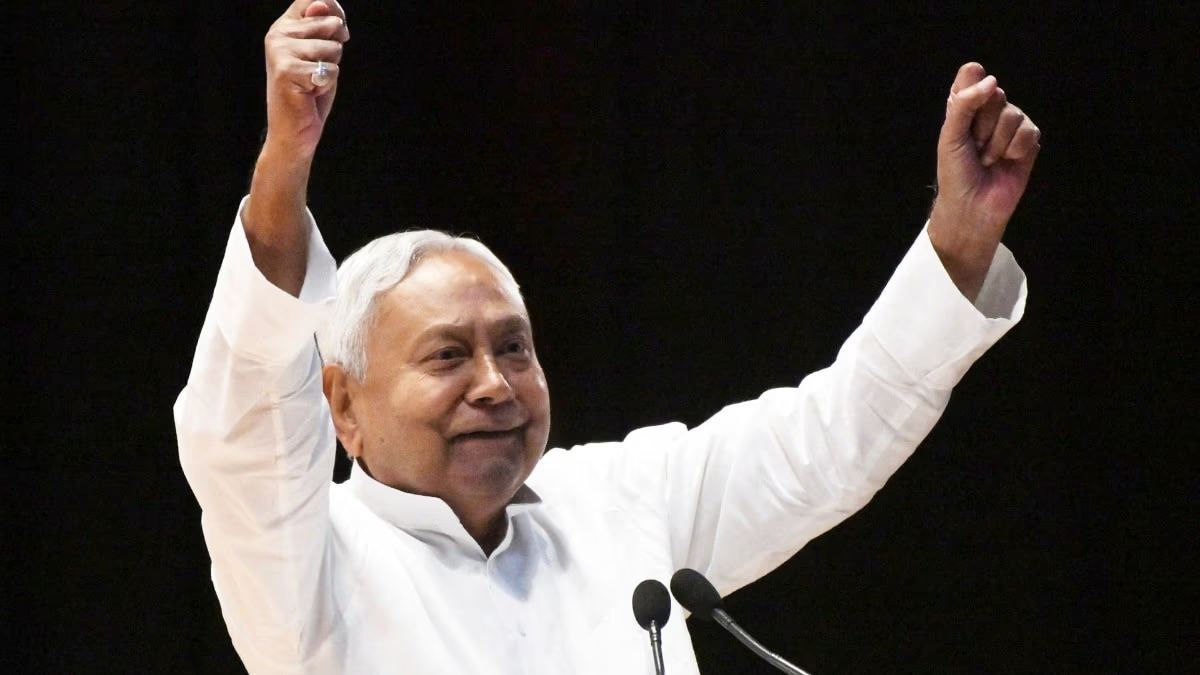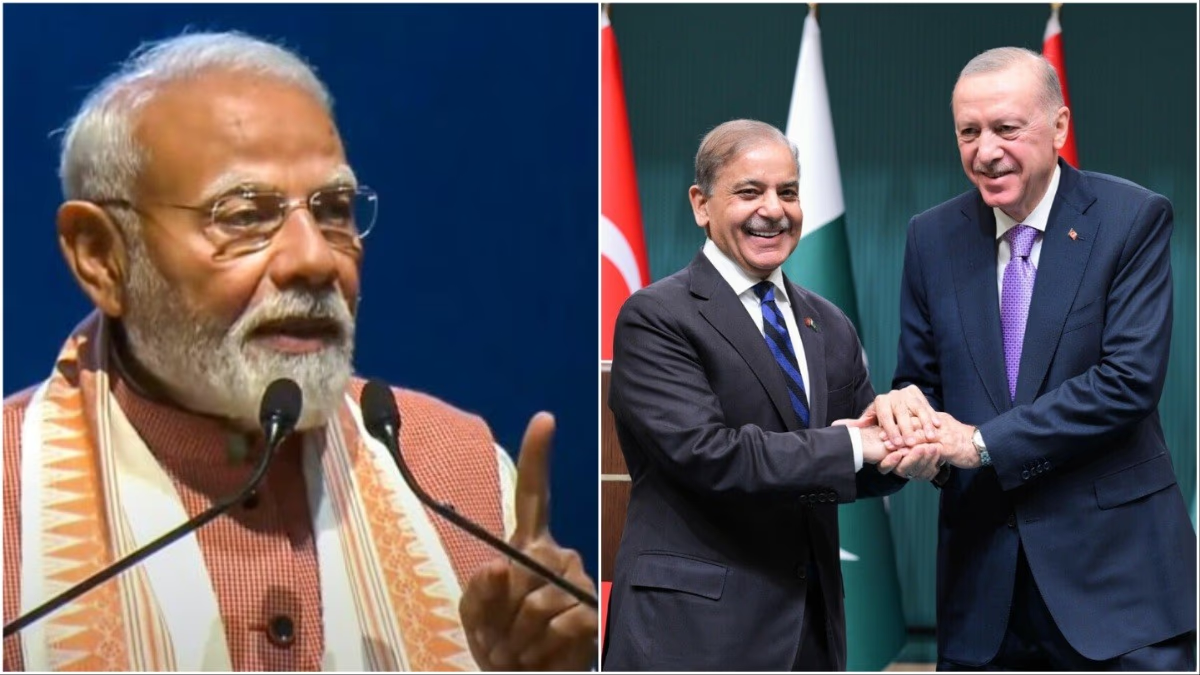In the political theatre of Bihar, prohibition emerged as a significant issue after 2016. It was the year when the grand alliance government led by Nitish Kumar enforced complete prohibition in the state. Bihar stands on the brink of elections, with state assembly elections set to be held by the end of the year, and prohibition appears to be a prominent issue.
Recently, former Union Minister and senior BJP leader RK Singh labeled prohibition a failure and called for its immediate withdrawal. Jitan Ram Manjhi had also demanded the implementation of the Gujarat model of prohibition. Meanwhile, Prashant Kishor, strategist-turned-politician, promised to revoke prohibition within an hour if elected to power. Today's edition in the Bihar series delves into the politics surrounding prohibition.
In the 2015 Bihar elections, Nitish Kumar’s party, Janata Dal (United), formed an alliance with Lalu Yadav’s Rashtriya Janata Dal (RJD). Although RJD emerged as the largest party, Nitish Kumar became the chief minister, being the face of the grand alliance. Within months, Nitish Kumar declared the enforcement of total prohibition in the state.
Total prohibition was implemented in Bihar in 2016. Since then, several allies of JD(U) have changed, and voices for reconsideration of prohibition have been raised. Not just the opposition, even allies expressed dissatisfaction. Nonetheless, CM Nitish Kumar remained unyielding in his decision. These five factors are cited as reasons behind his steadfast stand on prohibition.
1-
Women's Vote Bank
One significant reason for Nitish Kumar's steadfastness on total prohibition is the women's vote bank. With a population of 130 million, over 60 million participants are women, who initially demanded prohibition. The decision in 2016 solidified Nitish Kumar’s and his party's grip on the women’s vote bank. Although the government relaxed some provisions, it was strategic to maintain the women's support.
2-
High Female Voter Turnout
Neither JD(U) nor Nitish Kumar is willing to risk alienating the women’s vote bank, mainly due to the high turnout. In the last Lok Sabha elections, Bihar recorded a 56.28% turnout, but only 53% of men voted. Women showed remarkable enthusiasm in voting.
Also read: Magahi Politics... Discover How Jharkhand and Bengal Politics Influence Bihar
In the Lok Sabha elections, 59.45% of female voters exercised their right to vote, outnumbering male voters by 6.45%. Understanding the significance, there are 907 female voters for every 1000 male voters; this increases to 1017 against every 1000 men in terms of turnout.
3-
Reduction in Violence Cases
Prohibition in Bihar has led to a decline in various forms of violence. Reports indicate a reduction of up to 2.1 million in domestic violence cases. There is a 3.6% drop in sexual violence and a 4.6% reduction in emotional violence. Women were chiefly the victims of these violence forms. The decline in criminal cases has further bolstered Nitish Kumar's image as the 'Good Governance Man'.
Also read: What Stops Tejashwi Yadav from Being Declared CM Face? Small Allies Onboard, But Congress...
4-
Peace, Harmony, and Health
In May 2024, the esteemed medical journal 'The Lancet' published a report stating health improvements due to prohibition. Instances of public drunkenness have nearly vanished, aiding the government in fostering peace and harmony. After prohibition, a Bihar government statistic revealed a weekly increase in food expenditure from ₹1005 to ₹1331. The time devoted to farming has risen, and women's savings have enhanced.
Also read: Nitish Kumar Takes Active Mode for Bihar Elections, Assigns Tasks to Ministers
5-
Matter of Prestige for Nitish
Despite criticism even from his own quarters, Nitish Kumar’s unwavering stand on prohibition partly relates to his personal prestige. He perceives challenges to prohibition as challenges to his own legacy. For Nitish, withdrawing due to criticism could equate to accepting failure allegations.




